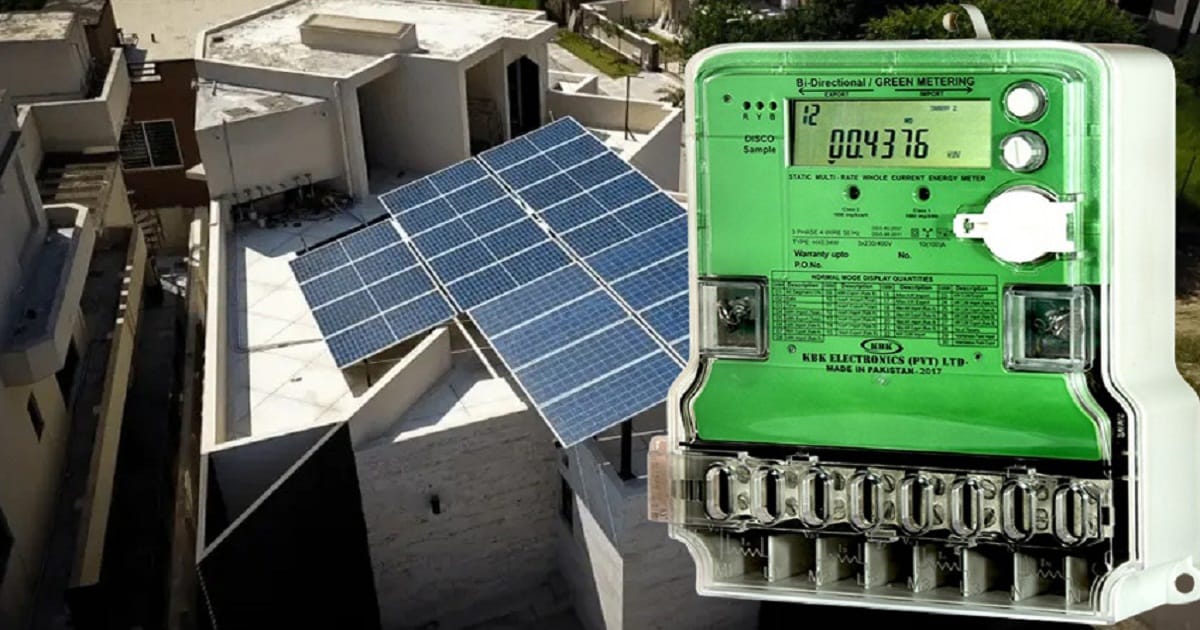Major update on solar net metering tariff in Pakistan

The federal government is considering a significant reduction in the solar net metering tariff, a move likely to discourage rooftop solar panel installations across the country.
The proposed tariff adjustment, reportedly aimed at aligning with declining global prices of solar panels and batteries, has sparked concerns among renewable energy advocates.
Currently, solar system owners are compensated at over Rs21 per unit for the electricity they supply to the national grid. However, the revised rates under consideration range between Rs7.5 and Rs11 per unit, slashing the previous payment by more than half.
New tariff structure
Under the proposed revisions, the equivalence of electricity exchange would also be altered. Presently, two units of solar-generated electricity are treated as equivalent to one unit of national grid power. If the new rates are implemented, this ratio could increase to six units of solar power for one grid unit.
For solar consumers, this would mean selling their surplus electricity at Rs7.5-11 per unit while paying Rs60 per unit for grid electricity consumed during nighttime or peak hours.
Impact on solar adoption
The revised tariffs are expected to reduce the financial viability of rooftop solar systems, discouraging new installations and potentially slowing down Pakistan’s transition toward renewable energy. Advocates of solar energy argue that such a move would deter investment in solar power, which has seen significant growth in recent years due to its cost-effectiveness and environmental benefits.
The proposed tariff reduction comes in the wake of concerns raised by the International Monetary Fund (IMF) regarding the rising adoption of solar energy in Pakistan. The IMF has expressed apprehensions that increased solar generation could disrupt the country’s existing capacity payment obligations to power producers, a critical component of its energy policy framework.
Energy experts warn that the proposed changes could undermine the government’s renewable energy targets. “This move sends a discouraging message to those looking to invest in clean energy,” said a renewable energy specialist. “With increasing electricity prices, solar energy was becoming a viable option for consumers. These adjustments, however, could reverse that trend.”




